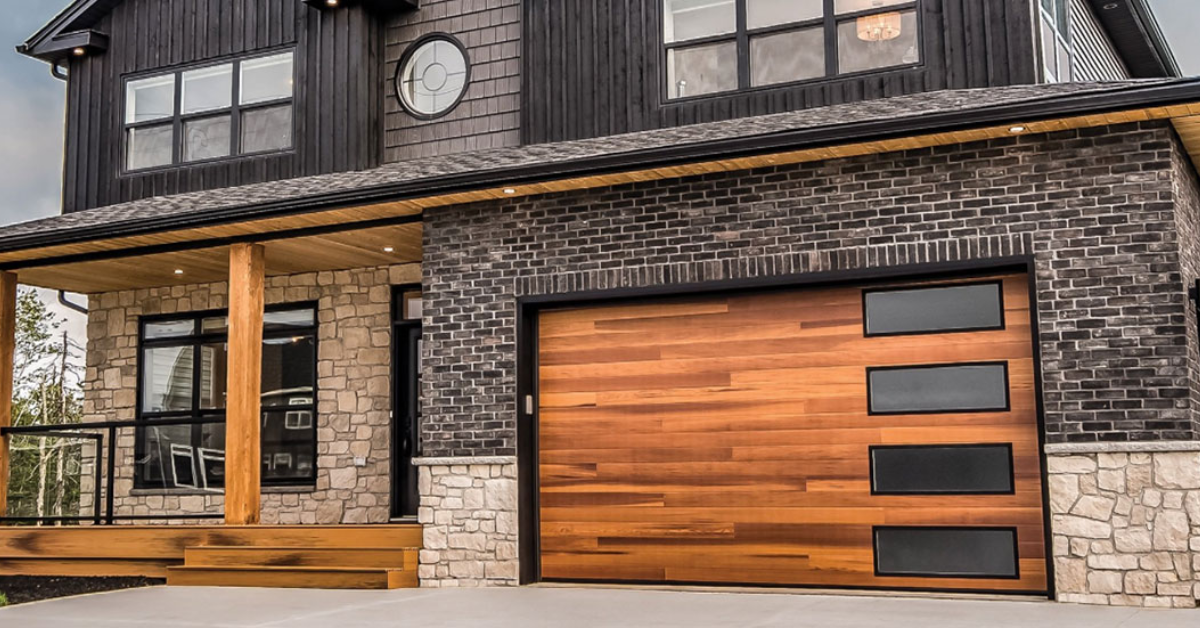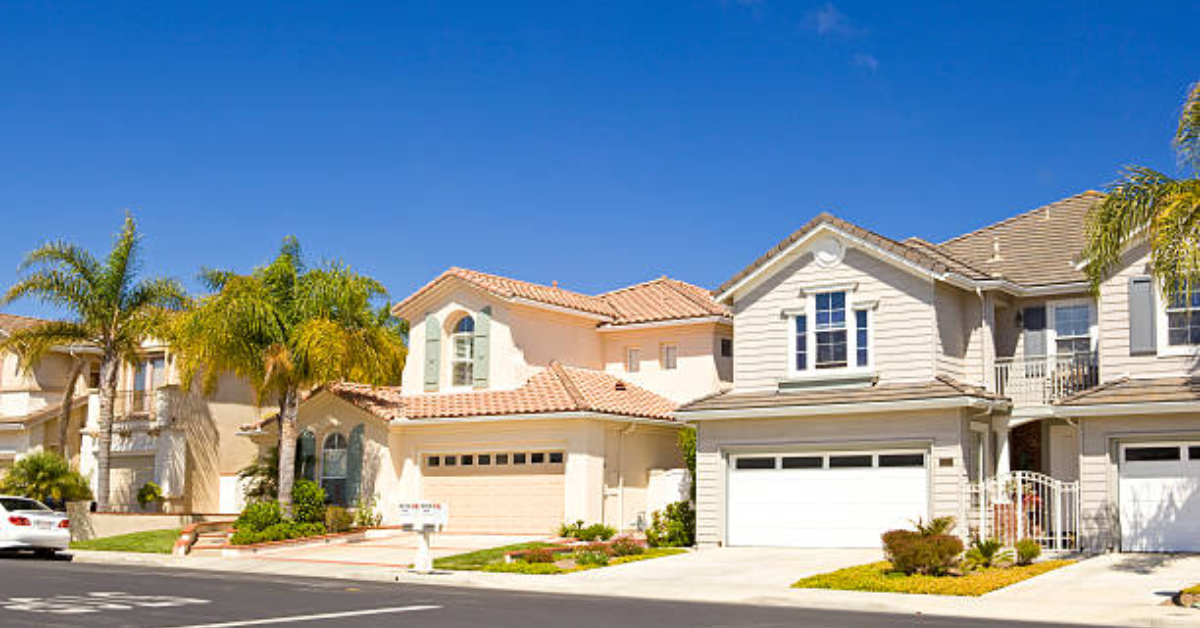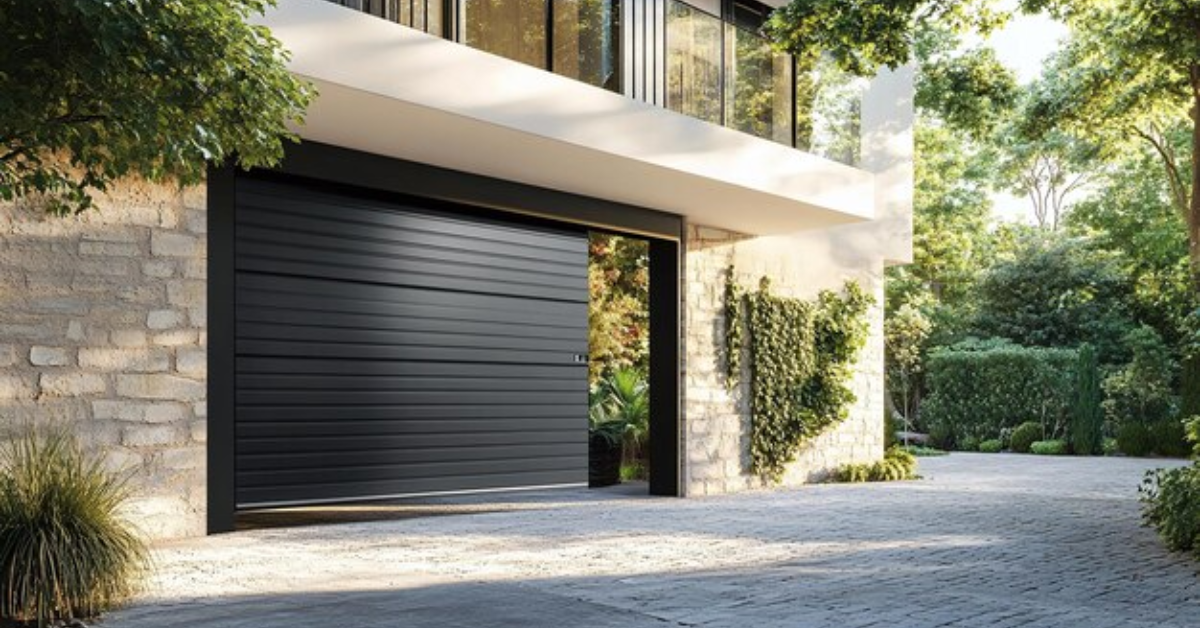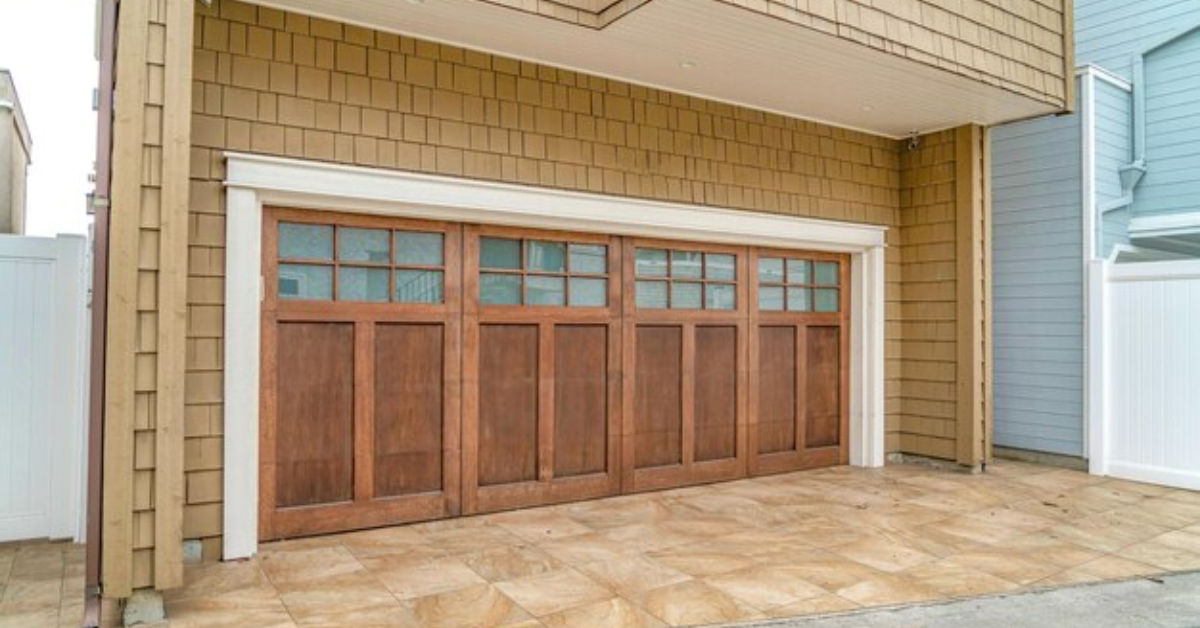How Much Is A Garage Door Replacement?
Replacing a garage door is a significant home improvement project that can enhance your property's curb appeal, security, and functionality. Whether you're looking to improve the exterior aesthetics of your home or increase its resale value, a new garage door can make a substantial difference. Additionally, modern garage doors come with improved security features that can protect your home and belongings more effectively. Understanding the costs associated with a garage door replacement is essential for budgeting and planning, as it involves more than just the price of the door itself.
The various factors that influence the cost of replacing a garage door will be discussed in this comprehensive guide, such as the type of material, design, and insulation options available. We'll delve into the different types of garage doors on the market, from traditional wooden styles to contemporary steel and fiberglass options, each with its own set of benefits and price points. Furthermore, we will discuss the importance of professional installation and how additional features like smart technology and enhanced security systems can impact your overall expenditure. By the end of this guide, you will have a clear understanding of what to expect in terms of costs and considerations, ensuring you make an informed decision for your next home improvement project.
Factors Influencing the Cost of Garage Door Replacement
1. Type of Garage Door
The type of garage door you choose greatly impacts the overall cost. Here are some common types of garage doors:
- Sectional Doors: These are the most popular and consist of horizontal panels hinged together. They are usually cost-effective and available in various materials and designs.
- Roll-Up Doors: Commonly used in commercial settings, these doors are made of narrow slats that roll up into a coil. They tend to be more expensive due to their durability and security features.
- Swing-Out or Swing-Up Doors: These traditional doors offer a classic look but require more space to operate. They can be pricier due to their unique design and installation requirements.
- Sliding Doors: These doors slide open to the side and are ideal for garages with limited headroom. Their cost can vary depending on the material and design.
2. Material
The material of the garage door is a significant cost factor. Common materials include:
- Steel: Durable and low-maintenance, steel doors are among the most affordable options. They can be insulated for added energy efficiency.
- Wood: Offering a timeless and elegant look, wood doors are generally more expensive and require regular maintenance to prevent damage from the elements.
- Aluminum: Lightweight and resistant to rust, aluminum doors are moderately priced. However, they can dent easily.
- Fiberglass: Resistant to moisture and insects, fiberglass doors are durable and offer a range of design options. They can be more costly than steel but less than wood.
- Vinyl: Known for their durability and low maintenance, vinyl doors are relatively affordable and resistant to dents and rust.
3. Insulation
Insulated garage doors are more expensive than non-insulated ones, but they offer significant benefits, such as improved energy efficiency and noise reduction. Insulation materials like polyurethane or polystyrene add to the door's cost but can result in long-term savings on energy bills.
4. Customization and Design
Custom-designed garage doors or those with unique features, such as windows, intricate patterns, or special finishes, will cost more than standard models. These customizations enhance the door's aesthetic appeal and can add value to your home.
5. Installation Costs
The cost of professional installation can vary based on the complexity of the job, your location, and the contractor's expertise. It is advisable to hire a professional to ensure proper installation, which can prevent future issues and extend the door's lifespan.
6. Additional Features
Additional features like smart technology, enhanced security options, or automatic openers can increase the total cost of your garage door replacement. These features offer convenience and improved functionality but come at an added expense.
Cost Breakdown of Garage Door Replacement
Here's a general breakdown of the costs involved in replacing a garage door:
- Basic Steel Door: $500 - $2,500
- Mid-Range Steel Door with Insulation: $1,000 - $2,000
- Wood Door: $1,500 - $3,000
- Custom Wood Door: $3,000 - $5,000+
- Aluminum Door: $800 - $2,500
- Fiberglass Door: $1,800 - $4,500
- Vinyl Door: $800 - $2,000
- Installation Costs: $1200
- Additional Features: $100 - $500+
Additional Considerations
1. Warranty and Maintenance: Consider the warranty offered by the manufacturer and installer. A longer warranty can provide peace of mind and potential cost savings on future repairs. Regular maintenance, such as lubricating moving parts and inspecting for wear and tear, can also extend the lifespan of your garage door.
2. Climate and Location: Your local climate and geographic location can impact the choice of material and the cost of your garage door replacement. For example, areas prone to extreme weather may require more durable and insulated doors, which can be more expensive.
3. Building Codes and Permits: Check local building codes and permit requirements before replacing your garage door. Compliance with these regulations can prevent fines and ensure the safety and legality of your installation.
4. Energy Efficiency: Investing in an insulated garage door can improve your home's energy efficiency, especially if your garage is attached to your living space. This can lead to lower heating and cooling costs over time, offsetting the initial investment.
5. Aesthetic Appeal: Choosing a garage door that complements your home's architecture and enhances its curb appeal can increase your property's value. Consider the style, color, and design features that will best match your home's exterior.
Conclusion
Replacing a garage door involves several factors that influence the overall cost, from the type of door and material to insulation, customization, and installation. By understanding these factors and carefully considering your needs and budget, you can choose a garage door that not only improves the functionality and security of your home but also enhances its aesthetic appeal and value.




